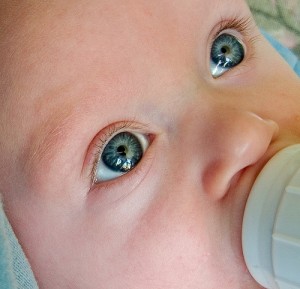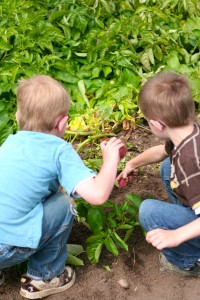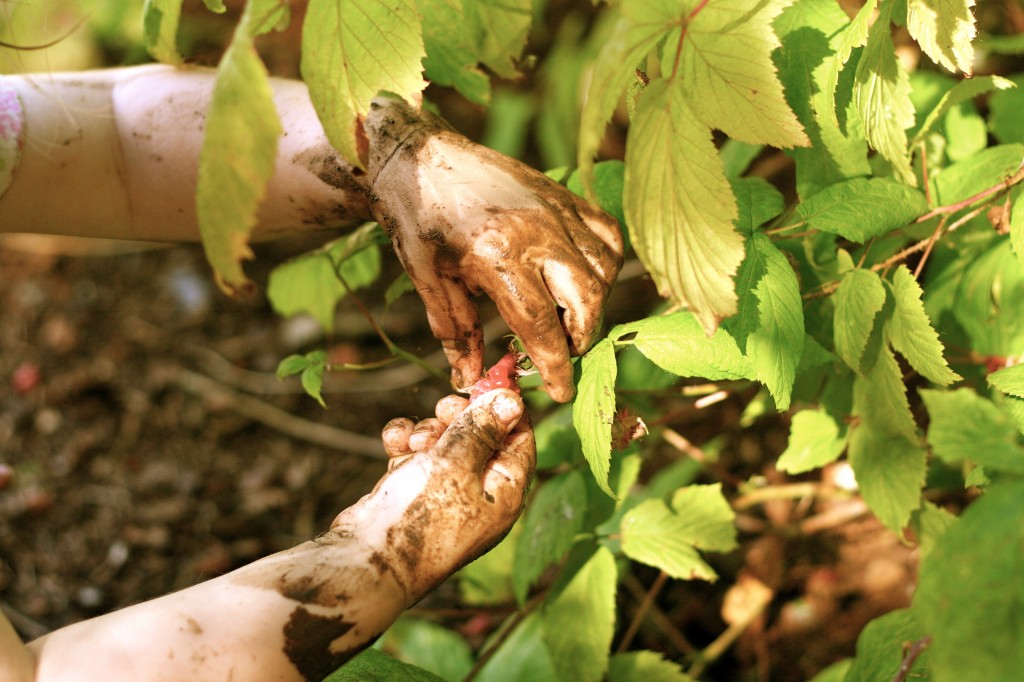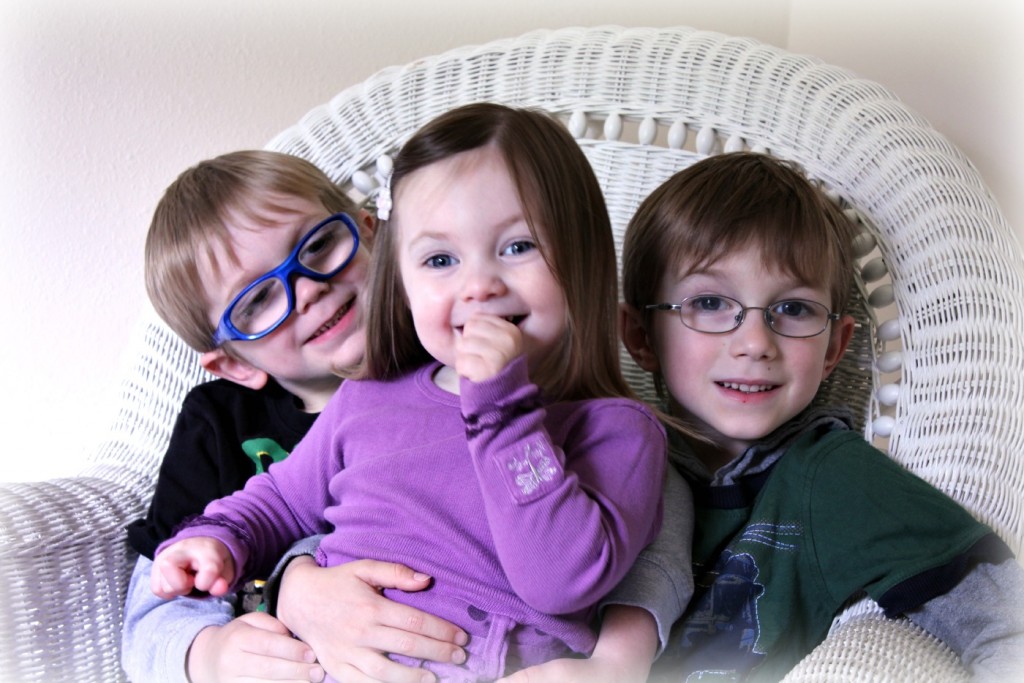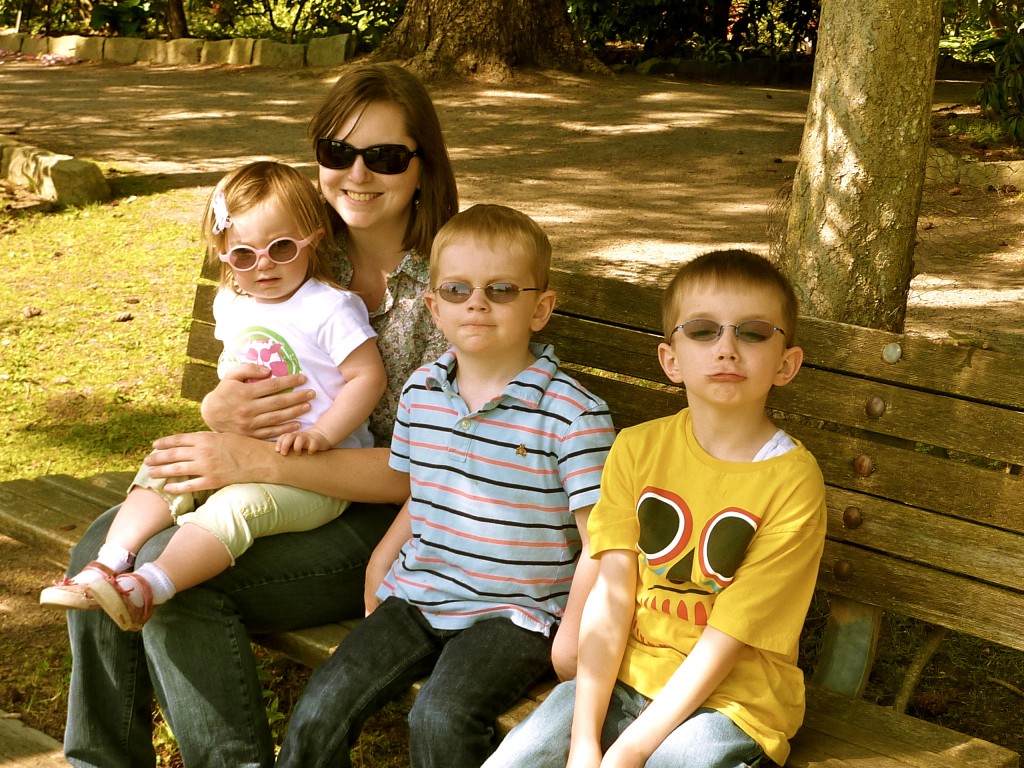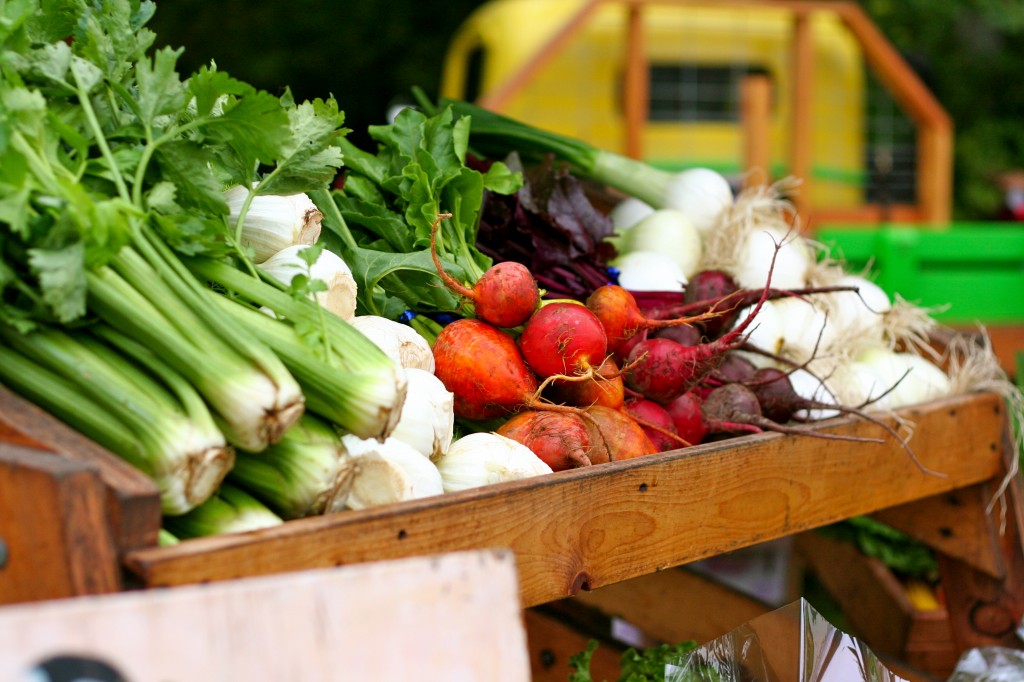Wait… Don’t answer that. I don’t think I really want to know where our legislators, and society by default, see the greatest value. Actions speak louder than words. To me, and to countless other parents, the choice to NOT act when the scientific evidence clearly indicates that a toxic chemical is hazardous to human health, particularly children, speaks louder than anything else ever could.
The choice to sit idly by when study after study shows that a totally unnecessary chemical in children’s feeding products is harming our children is cowardly. Many manufacturers and retailers have already voluntarily demonstrated that they understand the importance of this decision, but that is not enough. Many other states’ legislative powers have already decided to ban BPA from children’s feeding products and all should follow suit.
Now it is time for Oregon’s legislators to step up.
It is time for all of Oregon’s families to be able to know without a doubt that any baby bottle, any sippy cup, is not going to leach an endocrine (hormone) disrupting chemical into their child’s food. It is time for all children to be able to have some protection in this world. We may not be able to stop everything and we may not want to, but we can do this. We have to do this. We have to.
It is time to put the value into Oregon’s children, not the metal can manufacturers and chemical industry (out-of-state corporate interests) that are putting up the opposition.
Right now SB 695, the BPA-Free Baby Bill, is stuck. It passed the Oregon Senate, but is now just stalled in committee. It needs a little help to get out to the floor so that the rest of the Oregon House gets a chance to do their part. This bill is good for babies, good for business, and good for Oregon. As the world goes BPA-free, we have to make the choice do we want politicians that value out-of-state industry or do we want leaders who value people, small business, and this state?
What you can do:
- Urgent! Oregonians need to contact their Representative to let them know we expect SB 695 to come to a vote.
- Sign this petition that will be delivered to the House Committee on Energy, Environment and Water co-chairs on May 23rd! (Updated: This petition was signed by 500 parents and hand delivered on 5/23 by some very determined volunteers from The Mother Pac.)
- ‘Like’ the BPA-Free Oregon Facebook page to keep up to date on the progress of the bill and other BPA related news.
- Support the Congressional work toward chemical safety reform.
Updated: Oregon’s legislators have thus far ignored the petition signatures, the calls, and the letters from Oregon parents – Oregon constituents and have left the BPA-Free Baby Bill to languish in committee hoping that we don’t notice or don’t care enough to raise our voices loud enough to demand children’s health over politics.
Please, take the time today to contact your legislator. Tell them you are disappointed. Ask them to make their position on BPA clear. Ask them to make children’s health a priority now.
photo credit: flickr

